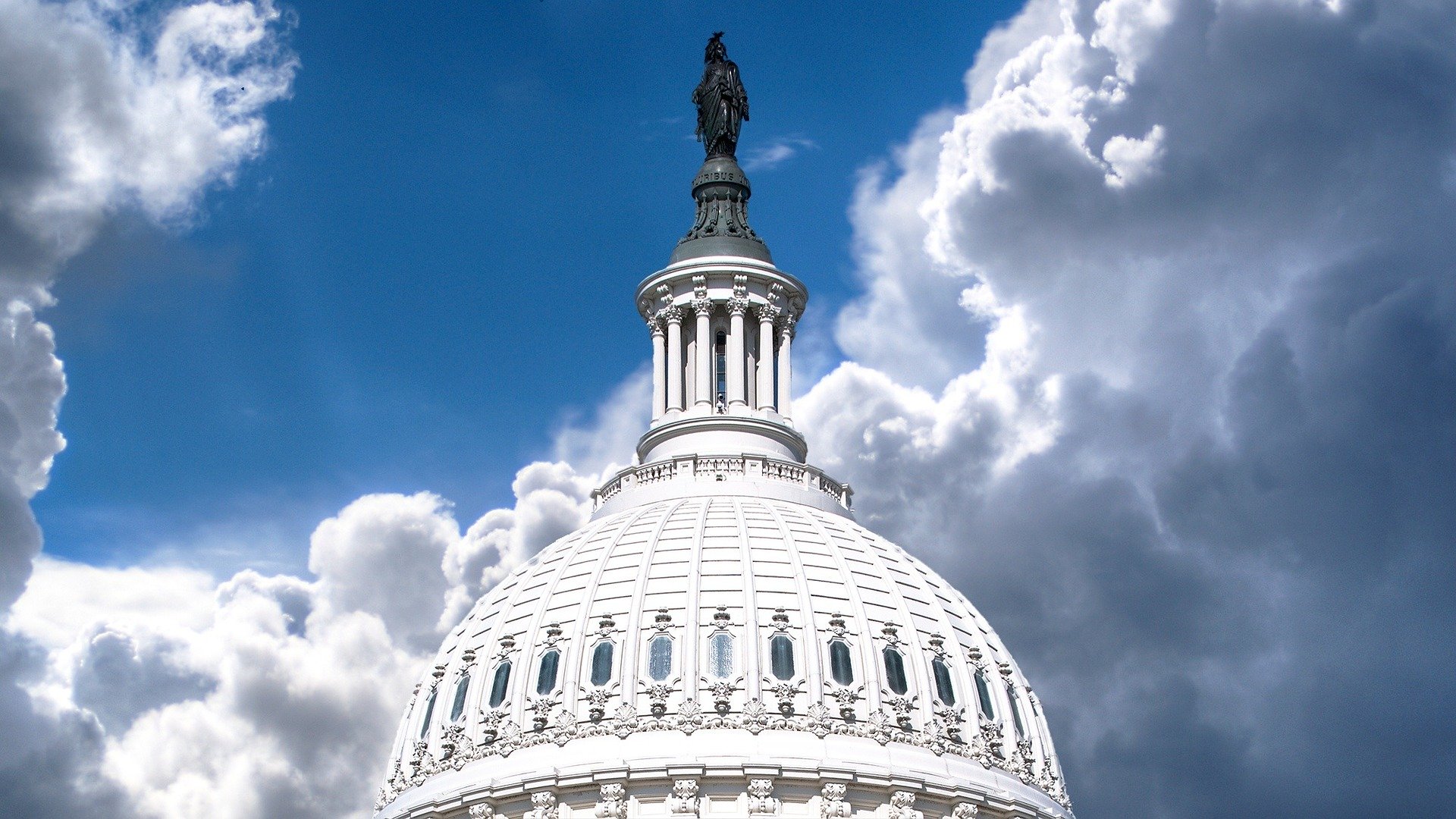Impact of the CARES Act on Government Contractors

On March 28, the President signed the Coronavirus Aid, Relief, and Economic Security (CARES) Act into law, which contains a short, but powerful provision that provides federal agencies with a mechanism to assist federal contractors unable to meet the performance obligations of their contracts due to closing of government facilities, the inability to telework, or other COVID-19 complications.
Many federal contractors conduct their business at government sites that due to executive orders at the federal, state or local levels have been forced to close or reduce staffing capacity. In some cases, due to the often sensitive nature of the work, contractors may be prohibited from teleworking. Section 3610 of the CARES Act provides federal agencies the authority “to modify the terms and conditions of a contract to reimburse contractors at the minimum applicable contract billing rates up to 40 hours per week to keep its employees or subcontractors in a ready state, including to protect the life and safety of Government and contractor personnel.”
While the CARES Act does not specifically include language indicative that contractors maintain personnel employed with continuing payroll and benefits, it seems that in order to keep employees in a “ready state” as called for in the law, Congress had the intent to keep its contracting workforce intact.
Federal contractors who wish to seek reimbursement under this clause should begin maintaining appropriate documentation of their inability to perform under the contract due to denial of access to an approved worksite due to COVID-19 restrictions. Contractors must also be able to document that employees denied such access, whether due to classified materials or other reasons, are also unable to telework. In addition, contractors should maintain adequate documentation of their employees remaining in a “ready state” through time reporting and other payroll reports and compensation records that such employees were continually paid to remain in that “ready state”.
While this provision provides a way for contractors to maintain their employees through this ongoing crisis, it is important to point out that the CARES Act prevents “double dipping”. This means amounts available to contractors through this law will we reduced by any amounts received through other programs enacted through this bill or other stimulus that have or may be passed in the coming weeks ahead.
It is uncertain exactly how federal agencies will handle implementation of this section of the law, and it is possible that differences will arise across agencies and contracting officers; however, it is anticipated that federal contractors who qualify will need to seek reimbursement through contract modifications resulting from a request for equitable adjustment. In addition to maintaining appropriate documentation as noted above, contractors should immediately begin communication with their contracting officers to determine exactly what steps need to be taken to ensure maximum reimbursements.
Get ready, because by subscribing to our email insights, you'll be among the first to hear from our experts about key issues directly impacting your privately held business or not-for-profit.